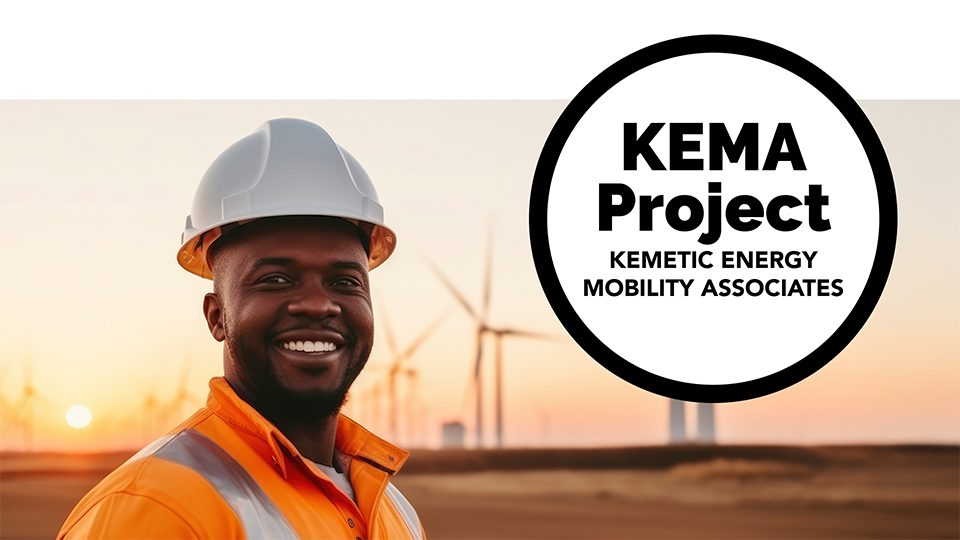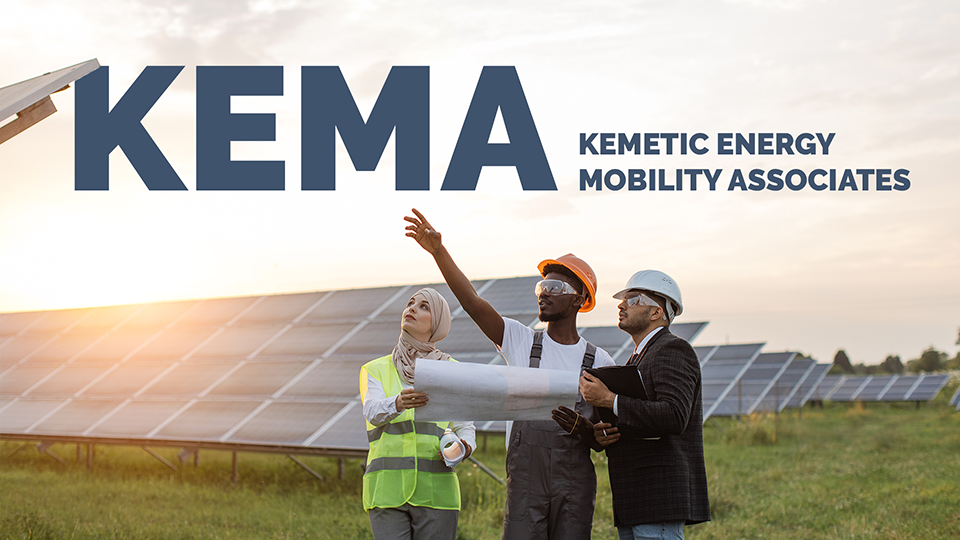
Envisioning an Equitable and Inclusive Green Economy Workforce
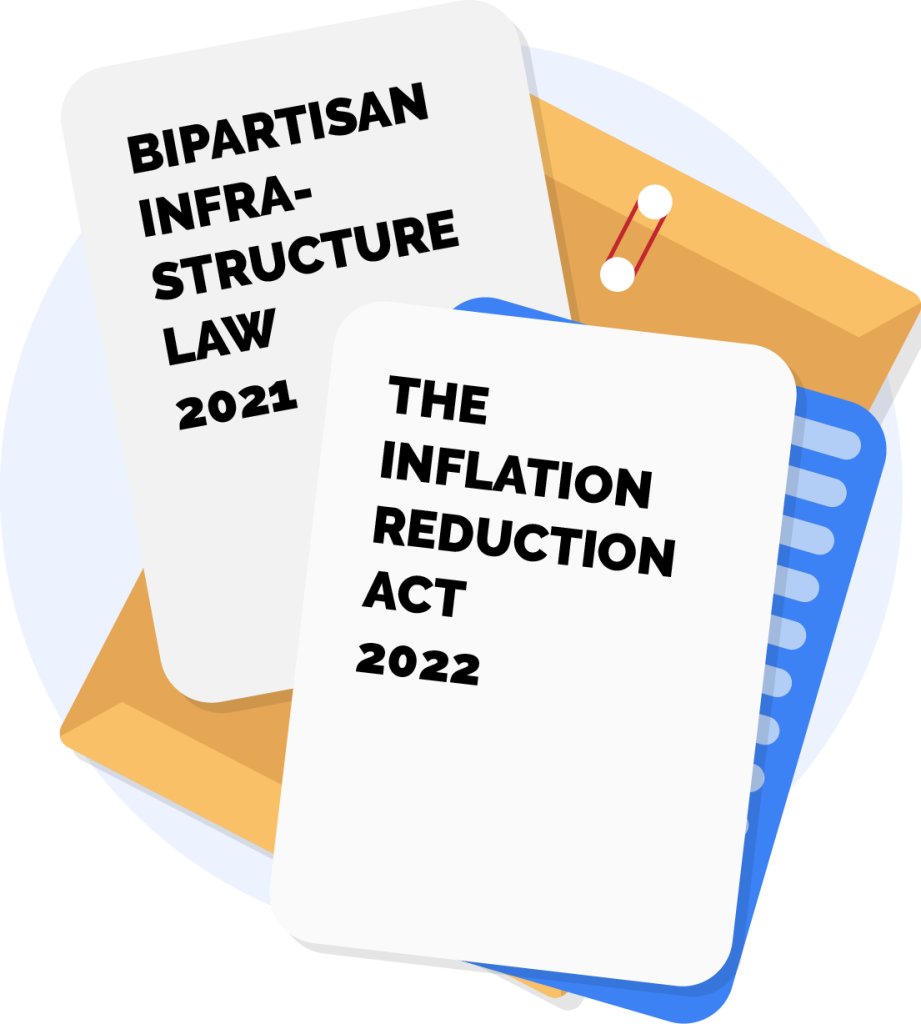
The Inflation Reduction Act of 2022 and the Bipartisan Infrastructure Law of 2021 have rapidly increased clean energy and resilience infrastructure deployment throughout the United States.
This in turn has catalyzed the demand for good, green jobs and presents an opportunity to ensure that the hundreds of billions of dollars spent in the coming decade make their way into frontline communities who are already bearing the brunt of climate change.


KEMA will partner with workforce development programs and employers to provide the connectivity between job training and placement services for members of under-represented communities, creating a pathway for individuals to enter the growing clean energy industry.

In the Seattle metropolitan area, as in the rest of the nation, deep racial inequities are built into the regional economy.

Only 44% of the region’s
workers hold good jobs.
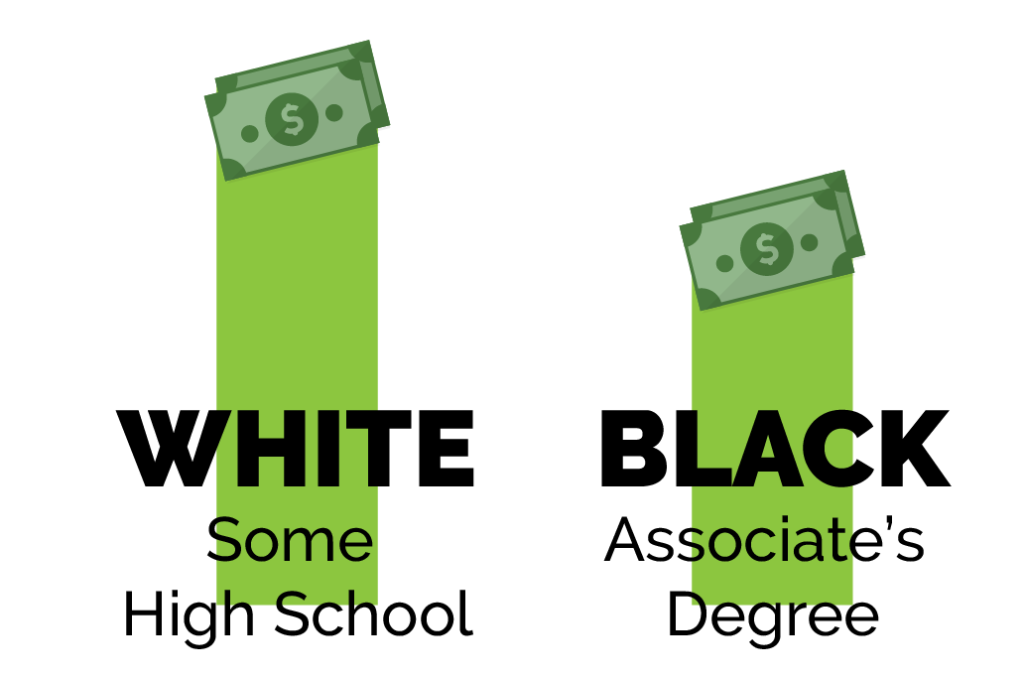
White workers with
less than a high school
diploma earn higher average
wages than Black workers
with an associate’s degree.

Eliminating racial inequities
in income could boost the
Seattle metro economy
by $33 billion a year.

will create pathways to the growing clean energy economy for individuals in under-represented communities by:

Providing comprehensive support
to increase completion of
job training placement services.

Reinforcing the continuum
between workforce development
programs and employers.
Target Demographics
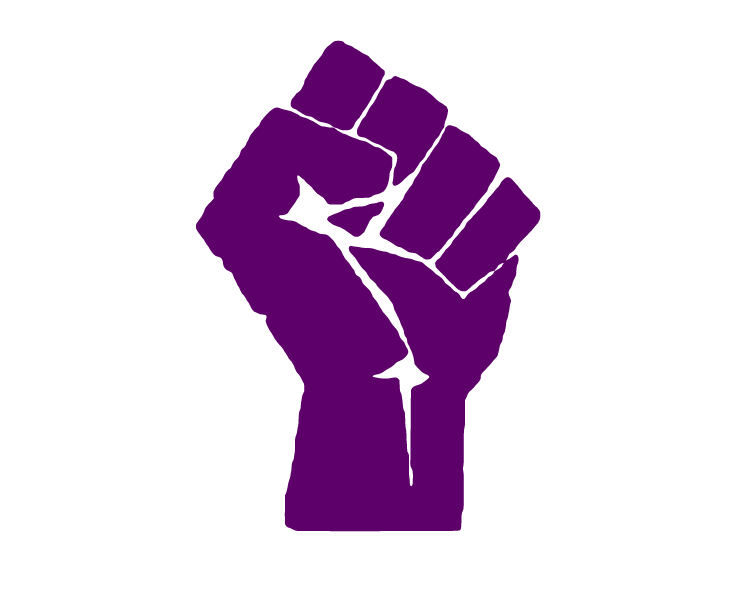
BIPOC
Frontline
Communities
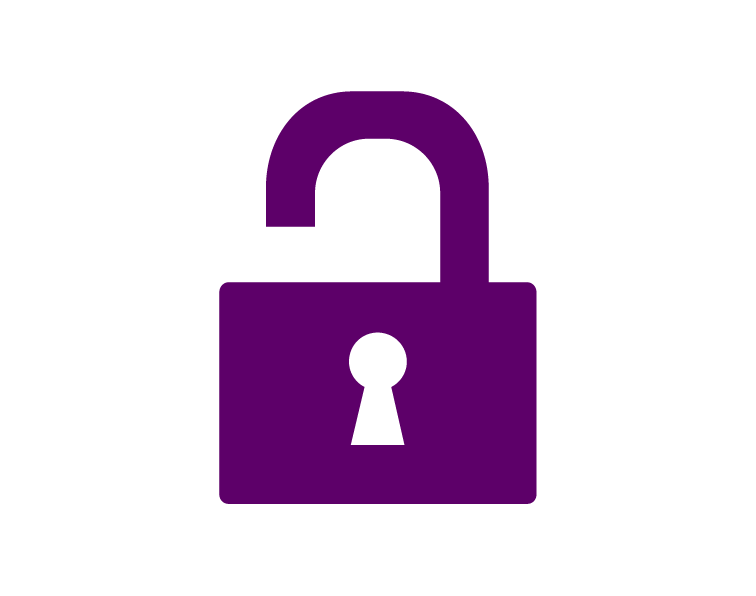
Formerly
Incarcerated
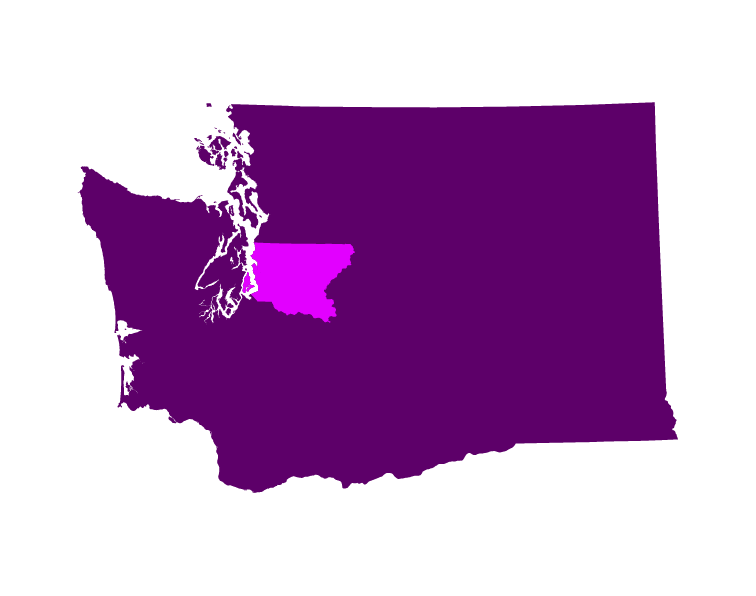
Tier 1 economically
distressed Zip Codes
in Seattle/King County
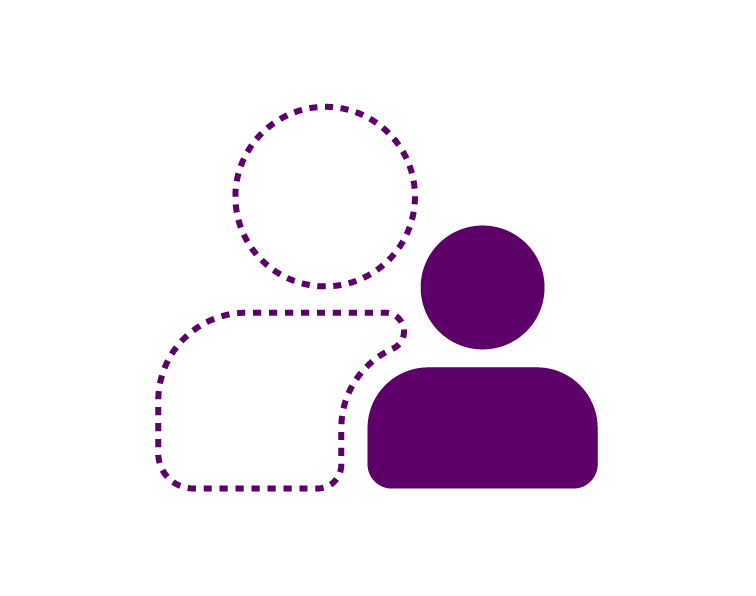
Youth in, or have
transitioned out,
of foster care

Unemployed or
Under-employed
Goals for 98118 & 98178

Residents entering and completing
clean energy trade training and
apprenticeship programs

Employers hiring
local residents on projects

Under-represented residents
employed on clean energy projects
Cohort Phases
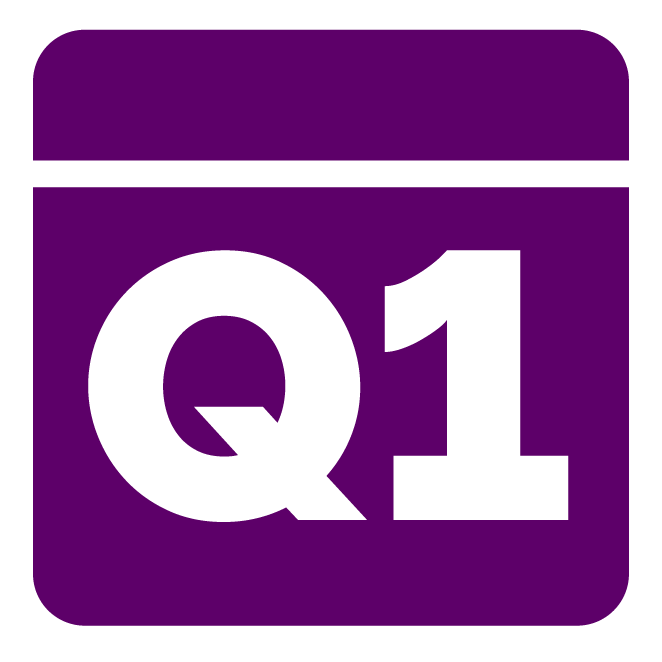
Form
Program
Partnerships
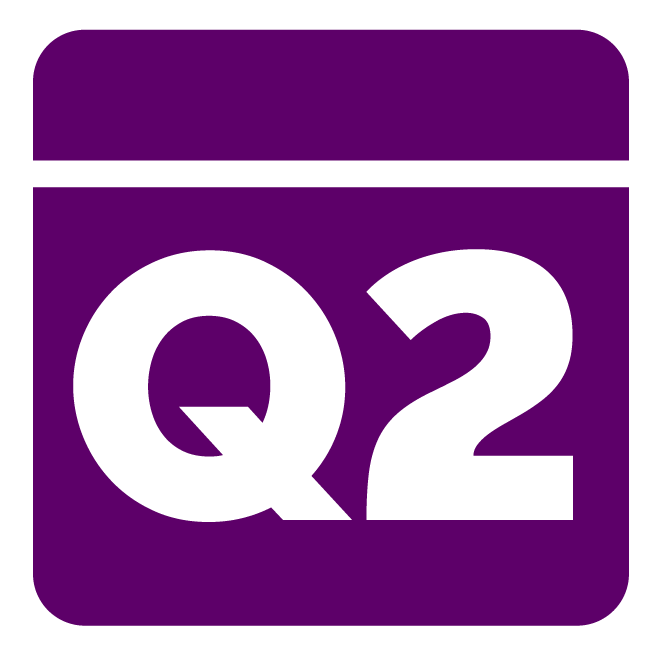
Connect People
to Training
Programs
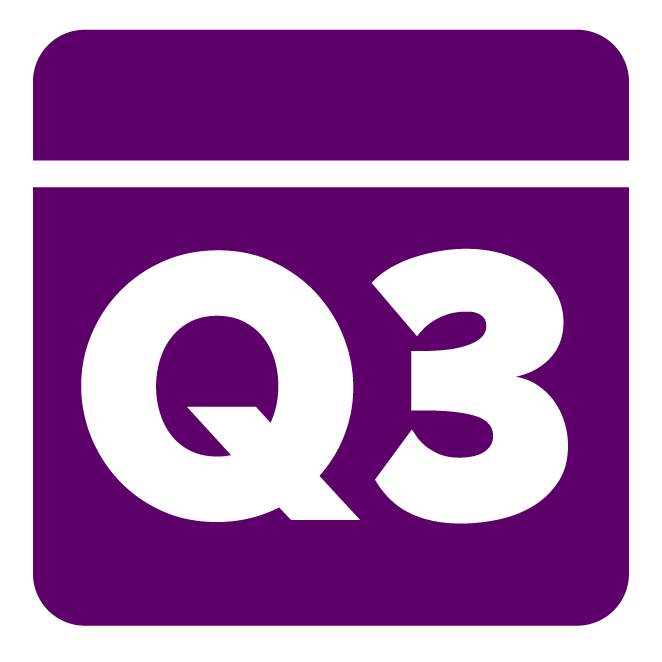
Provide
Retention Support
Services

Connect
Graduates
to Employers
Inspired?
If this inspired you, let’s take the next step — reach out and let’s work together!
